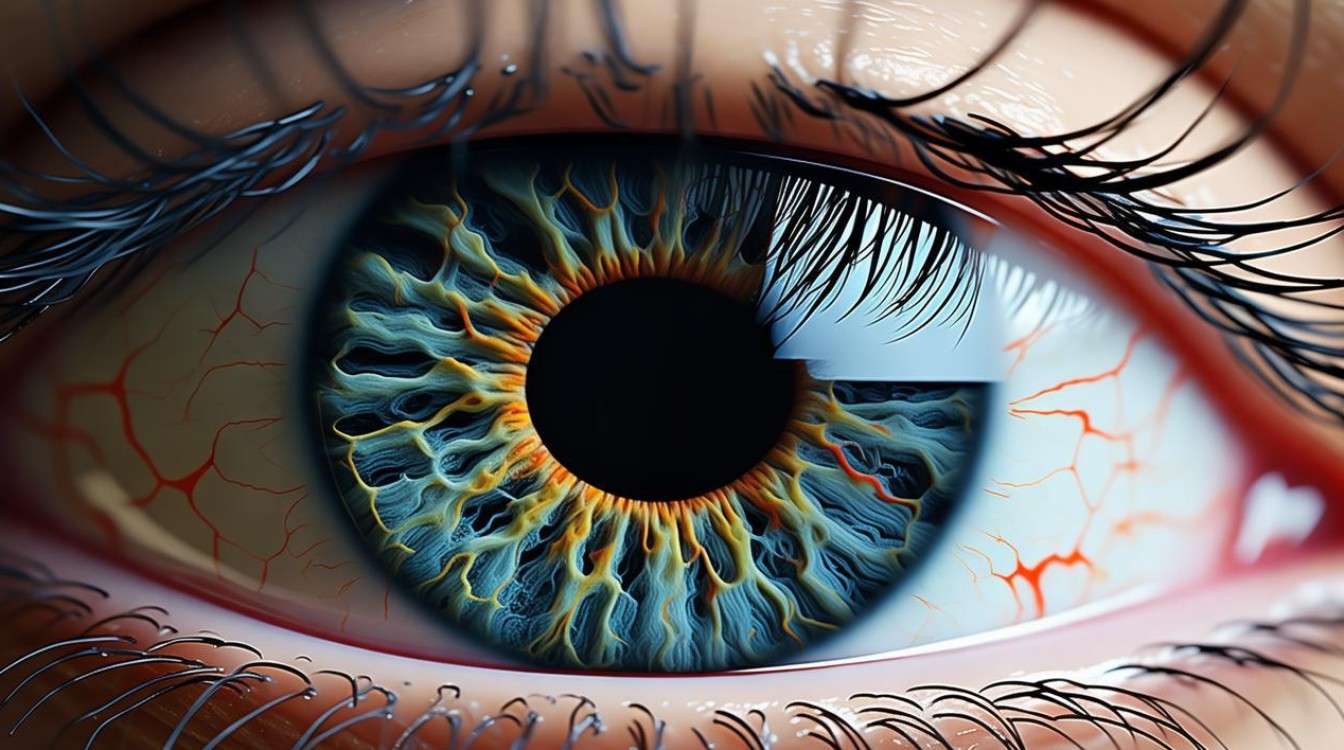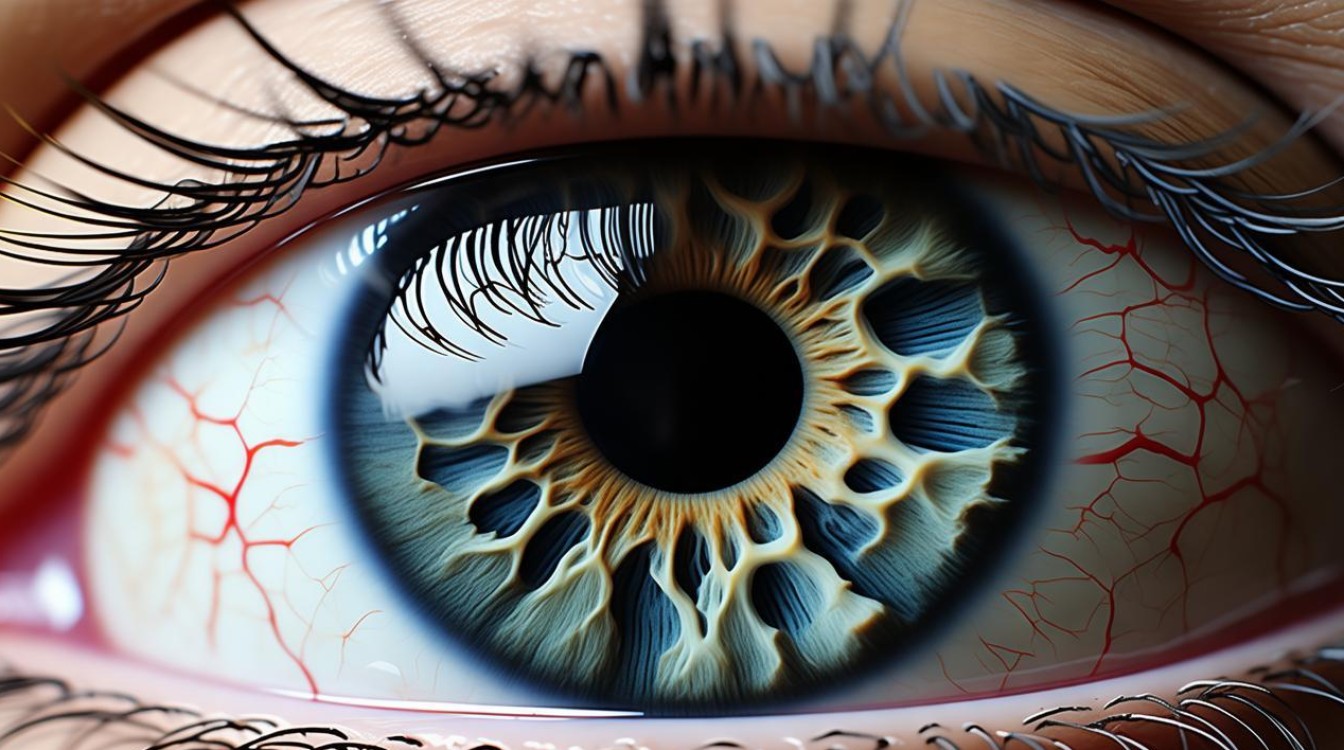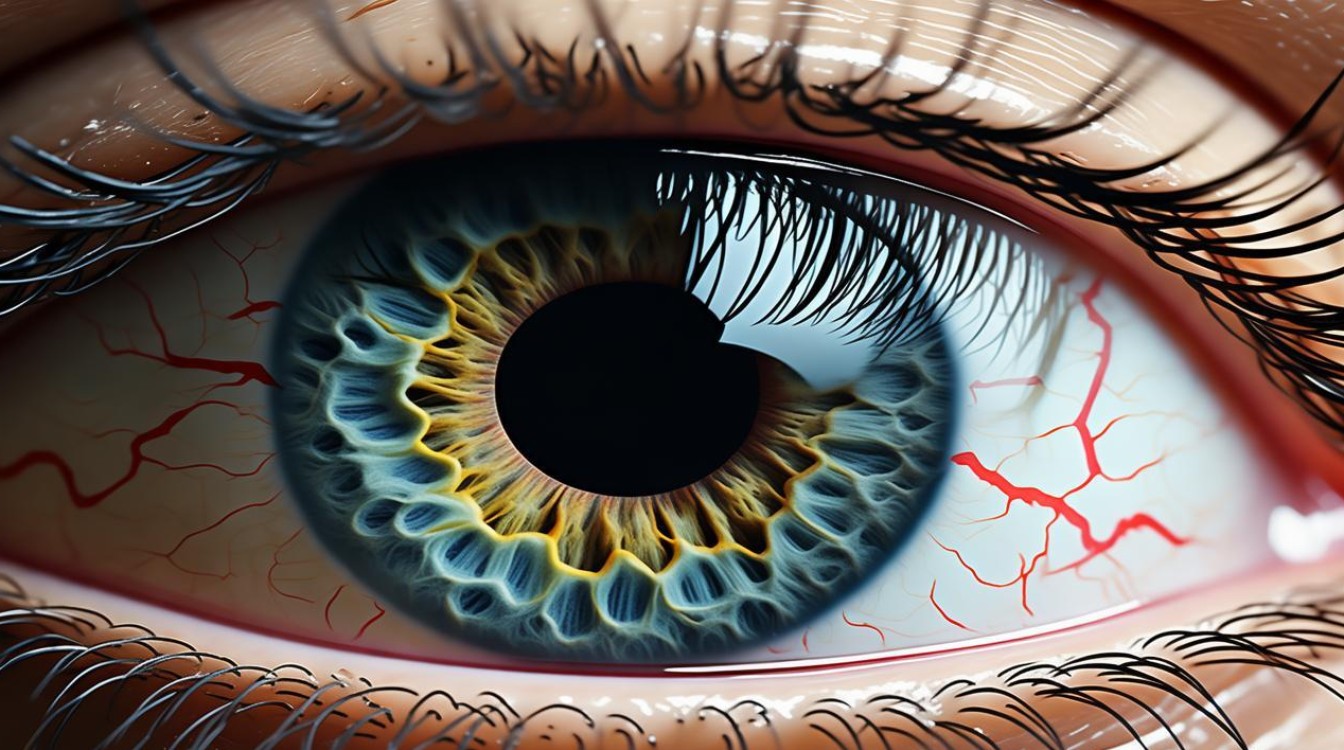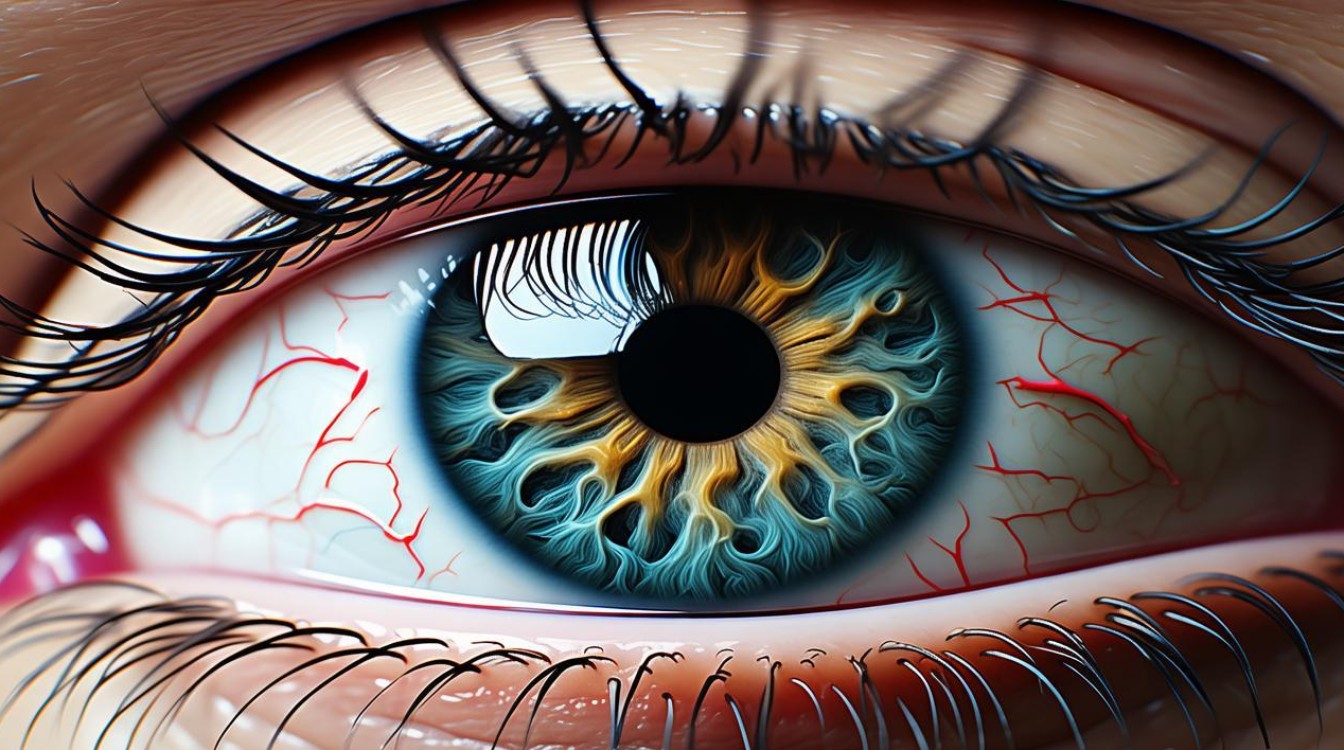The human eye is a powerful tool of communication, capable of conveying emotions, intentions, and personality without a single word. In English, a rich vocabulary exists to capture the nuances of different gazes, from warmth to intensity. Whether you're a writer, language learner, or simply curious, understanding these terms can deepen your appreciation for nonverbal expression.

Warm and Friendly Eyes
Certain eyes instantly put others at ease, radiating kindness and approachability.
-
Twinkling – Eyes that shine with amusement or joy, often seen when someone is smiling or laughing.
Example: "Her twinkling eyes made everyone feel welcome." -
Kindly – A gentle, compassionate gaze that suggests goodwill.
Example: "The old man's kindly eyes reassured the lost child." -
Soft – A tender, unhurried look, often associated with affection.
Example: "She gave him a soft glance, full of unspoken understanding."
Intense and Focused Eyes
Some eyes command attention, revealing sharp intellect or unwavering determination.
-
Piercing – A gaze so sharp it feels like it cuts through pretense.
Example: "His piercing eyes made it impossible to lie." -
Steely – Cold, resolute, and unyielding, often seen in moments of discipline.
Example: "The teacher's steely stare silenced the noisy classroom." -
Eagle-eyed – Extremely observant, missing no detail.
Example: "The detective’s eagle-eyed scrutiny caught the smallest clue."
Emotional and Expressive Eyes
Eyes often mirror inner feelings, from sorrow to excitement.
-
Misty – Slightly tearful, as if on the verge of crying.
Example: "Her misty eyes betrayed her sadness." -
Shining – Bright with happiness or enthusiasm.
Example: "His shining eyes showed how thrilled he was."
-
Hollow – Empty and drained, reflecting exhaustion or grief.
Example: "After the loss, her hollow eyes spoke of deep pain."
Mysterious and Unreadable Eyes
Not all gazes are easy to interpret—some conceal as much as they reveal.
-
Inscrutable – Impossible to understand, often deliberate.
Example: "The spy's inscrutable eyes gave nothing away." -
Veiled – Emotions are hidden behind a guarded look.
Example: "His veiled eyes made it hard to guess his thoughts." -
Sphinx-like – Mysterious and enigmatic, like the ancient statue.
Example: "She watched with sphinx-like calm, revealing no reaction."
Playful and Mischievous Eyes
A spark of humor or mischief can transform an ordinary glance.
-
Gleaming – Eyes alight with excitement or mischief.
Example: "The child’s gleaming eyes hinted at a secret plan." -
Dancing – Full of lively energy, often paired with laughter.
Example: "Her dancing eyes showed she was teasing." -
Roguish – A charmingly mischievous look, sometimes flirtatious.
Example: "He shot her a roguish grin, eyes full of playful daring."
Cold and Hostile Eyes
Not all gazes are welcoming—some carry disdain or aggression.
-
Glacial – Icy and unfriendly, suggesting disapproval.
Example: "Her glacial stare made him step back."
-
Searing – Burning with anger or contempt.
Example: "His searing glare silenced the opposition." -
Dead-eyed – Emotionless and chilling, sometimes threatening.
Example: "The villain’s dead-eyed look sent shivers down their spines."
Tired and Weary Eyes
Fatigue, stress, or age can leave their mark on a person’s gaze.
-
Bleary – Blurred from exhaustion or sleepiness.
Example: "After the all-nighter, his bleary eyes struggled to focus." -
Sunken – Deep-set, often due to illness or fatigue.
Example: "Her sunken eyes revealed weeks of sleepless nights." -
Weary – Heavy with exhaustion, both physical and emotional.
Example: "The soldier’s weary eyes told stories of endless battles."
Seductive and Alluring Eyes
Some eyes draw others in with magnetic charm.
-
Sultry – Smoldering and full of sensual promise.
Example: "Her sultry gaze held his attention effortlessly." -
Bedroom eyes – Heavy-lidded and inviting, often flirtatious.
Example: "He looked at her with bedroom eyes, full of quiet allure." -
Hypnotic – So captivating they seem to hold power over the viewer.
Example: "The performer’s hypnotic eyes mesmerized the audience."
Innocent and Youthful Eyes
Youth and naivety often shine through in a person’s gaze.

-
Doe-eyed – Wide, innocent, and slightly vulnerable.
Example: "The actress’s doe-eyed look made her perfect for the role." -
Childlike – Full of wonder and curiosity.
Example: "His childlike eyes sparkled at the sight of fireworks." -
Clear – Untroubled and honest, free from deceit.
Example: "She met his accusation with clear, guileless eyes."
Calculating and Observant Eyes
A sharp, analytical gaze can signal intelligence or cunning.
-
Shrewd – Clever and perceptive, quick to assess situations.
Example: "The merchant’s shrewd eyes missed no detail." -
Penetrating – Seeing through facades with sharp insight.
Example: "Her penetrating gaze made him feel exposed." -
Assessing – Measuring, evaluating, often before making a decision.
Example: "The manager’s assessing eyes scanned the room for talent."
Final Thoughts
The language of eyes is universal, transcending words. Whether describing a character in a story or interpreting real-life interactions, these terms offer precision in capturing fleeting emotions. A single glance can reveal more than a thousand speeches—mastering these words helps articulate the unspoken.

